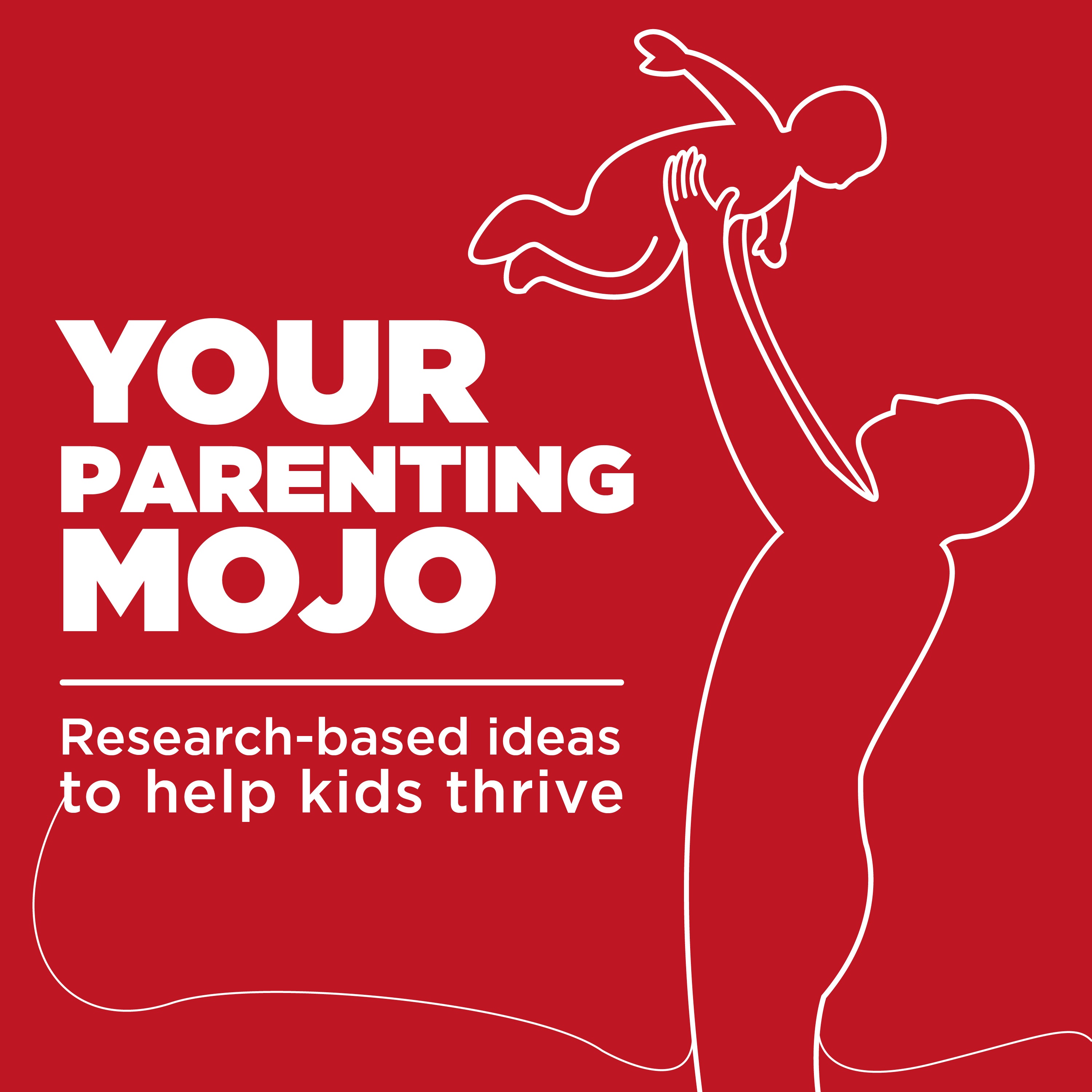164: Supporting Neurodivergent Children with Dr. Hanna Bertilsdotter-Rosqvist

Parents have been asking me for episodes on neurodivergence for a while now so I\u2019m hoping this episode will become the start of a mini-series. In this first conversation I talk with Dr. Hanna Bertilsdotter-Rosqvist, co-author of the new book Neurodiveristy Studies: A New Critical Paradigm. We look at this topic through the lens of autism, and I share some information I found to be pretty surprising when, out of curiosity, I took the Autism Spectrum Quotient screening online.\n\n \n\nWe discuss ways that schools, workplaces, and the wider world could better accommodate neurodivergent people, both so neurodivergent people can live the fullest expression of themselves, and also so everyone can benefit from their ideas, experience, and expertise.\n\n \n\nWhile this episode uses autism as a lens through which to discuss neurodiversity, the ideas in it can be applied to other types of neurodiversity including Asperger\u2019s syndrome, dyslexia, dyscalculia, ADHD, synesthesia, obsessive-compulsive disorder, and Tourette syndrome.\n\n \n\nI also see neurodiversity as much more broad than the typical way this term is used, which tends to be used to mean \u201ca person with a disorder that makes them not as good as a normal person.\u201d I see us all as neurodiverse, each with our own unique combination of talents and struggles, so we should support children in learning in the way that\u2019s uniquely suited to them.\n\n \n\nIf you\u2019d like to learn how to do this, come and join my FREE You Are Your Child\u2019s Best Teacher masterclass. Get notified when doors re-open. Click the banner below to learn more!\n\n \n\n\n\n \n\nDr. Hanna Bertilsdotter-Rosqvist's Book\n
Neurodiversity Studies: A New Critical Paradigm (Routledge Advances in Sociology) (Affiliate link).
\n \n\n \n\nReferences:\n\nBertilsdotter-Rosqvist, H., Chown, N., and Stenning, A. (2020). Neurodiversity studies: A new critical paradigm. London: Routledge.\n\n\n\nBertilsdotter Rosqvist, H. (2019). Knowing what to do: Exploring meanings of development and peer support aimed at people with autism.\xa0International Journal of Inclusive Education,\xa023(2), 174-187.\n\n
\n\nBertilsdotter-Rosqvist, H. B., & Brownlow, C. (2015). \u201cWhat\u2019s the point of having friends?\u201d: Reformulating Notions of the Meaning of Friends and Friendship among Autistic People.\xa0Disability Studies Quarterly,\xa035(4).\n\n
\n\nBertilsdotter-Rosqvist, H. (2013). Doing adulthood through parenthood: Notions of parenthood among people with cognitive disabilities. Alter 7(1), 56-68.\n\n
\n\nBertilsdotter-Rosqvist, H. (2012). Practice, practice: notions of adaptation and normality among adults with Asperger syndrome.\xa0Disability Studies Quarterly,\xa032(2).\n\n
\n\nBertilsdotter Rosqvist, H., Brownlow, C., & O'Dell, L. (2015). \u2018An Association for All\u2019\u2014Notions of the Meaning of Autistic Self\u2010Advocacy Politics within a Parent\u2010Dominated Autistic Movement.\xa0Journal of Community & Applied Social Psychology,\xa025(3), 219-231.\n\n
\n\nBrownlow, C., Bertilsdotter Rosqvist, H., & O'Dell, L. (2015). Exploring the potential for social networking among people with autism: Challenging dominant ideas of \u2018friendship\u2019.\xa0Scandinavian Journal of Disability Research,\xa017(2), 188-193.\n\n
\n\nEgner, J.E. (2019). \u201cThe disability rights community was never mine\u201d: Neuroqueer disidentification. Gender & Society 33(1), 123-147.\n\n
...